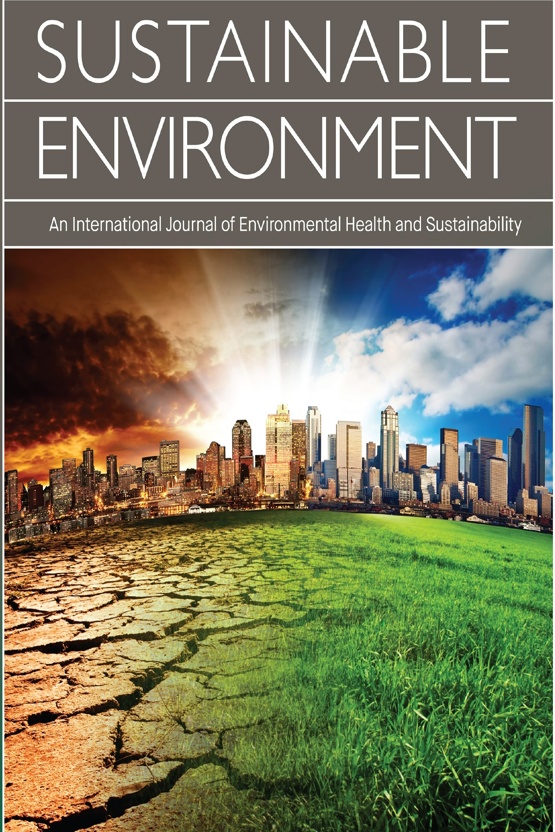Submit a Manuscript to the Journal
Sustainable Environment
For an Article Collection on
AI for Smart Forest Management
Manuscript deadline
30 June 2024


Article collection guest advisor(s)
Dr. Robertas Damaševičius,
Silesian University of Technology
[email protected]
AI for Smart Forest Management
Forests play a pivotal role in maintaining ecological balance, providing livelihoods, and supporting diverse flora and fauna. With the advent of the Fourth Industrial Revolution, there's an increasing need to integrate advanced technologies, especially Artificial Intelligence (AI), into forestry practices. This article collection aims to explore various applications of AI for Smart Forest Management, shedding light on innovative solutions, challenges, and future prospects.
The proposed Collection holds paramount importance by harnessing the potential of AI to address critical environmental and sustainability issues in forest management. By integrating AI technologies, it enables more efficient resource management, climate change mitigation, and data-driven decision-making while fostering interdisciplinary collaboration. This initiative not only aids in the conservation of global forests, essential for biodiversity and carbon sequestration, but also has broader applications, making it a significant endeavour for the benefit of both current and future generations.
Scope and Topics:
- AI-driven Forest Monitoring and Surveillance, including Use of drones and AI for forest surveillance, Predictive modelling for forest fires and pest infestations, Real-time monitoring of forest health using satellite imagery and AI.
- Biodiversity Conservation using AI, including Species identification and tracking using AI, Predictive modelling for endangered species conservation, AI-driven solutions for habitat restoration.
- Forest Resource Management, including AI in timber volume estimation and logging optimization, Predictive analytics for sustainable forest harvesting, AI-driven solutions for reforestation and afforestation.
- Climate Change and Forests, including AI models for assessing the impact of climate change on forests, Predictive modelling for carbon sequestration in forests, AI-driven solutions for forest resilience against climate change.
- Smart Forestry and Automation, including Robotics and AI in forestry operations, AI-driven solutions for precision forestry, Automation in forest nurseries using AI.
- Business Modelling and Forestry, including AI in optimizing forest-based supply chains, Predictive analytics for forest product market trends, Business models for integrating AI in forestry practices.
- Knowledge and Innovation Management in Forestry, including Decision support systems for forest management, AI in enhancing knowledge transfer among forestry stakeholders, AI in fostering innovation in forest conservation strategies.
- Forest-Inspired Computing, including Heuristic algorithms inspired by forest ecosystems, AI-driven simulations of forest dynamics for computing applications.
The collection invites a diverse range of article types, including research papers showcasing original AI applications in forestry, comprehensive review articles summarizing the current state of AI research in this field, case studies highlighting real-world AI implementations, methodology papers introducing novel AI algorithms tailored for forestry, policy and management discussions on AI's impact on forest governance, and interdisciplinary research bridging AI and forestry expertise.
Benefits of publishing open access within Taylor & Francis
Global marketing and publicity, ensuring your research reaches the people you want it to.
Article Collections bring together the latest research on hot topics from influential researchers across the globe.
Rigorous peer review for every open access article.
Rapid online publication allowing you to share your work quickly.
Looking to Publish your Research?
Find out how to publish your research open access with Taylor & Francis Group.
Choose open accessSubmission Instructions
All manuscripts submitted to this Article Collection will undergo desk assessment and peer-review as part of our standard editorial process. Guest Advisors for this collection will not be involved in peer-reviewing manuscripts unless they are an existing member of the Editorial Board. Please review the journal Aims and Scope and author submission instructions prior to submitting a manuscript.